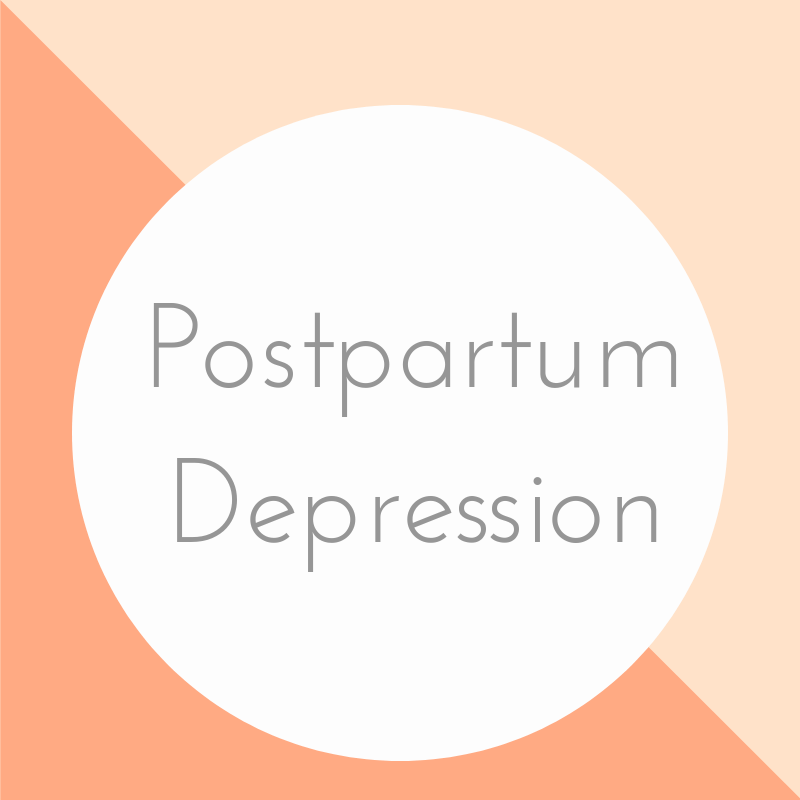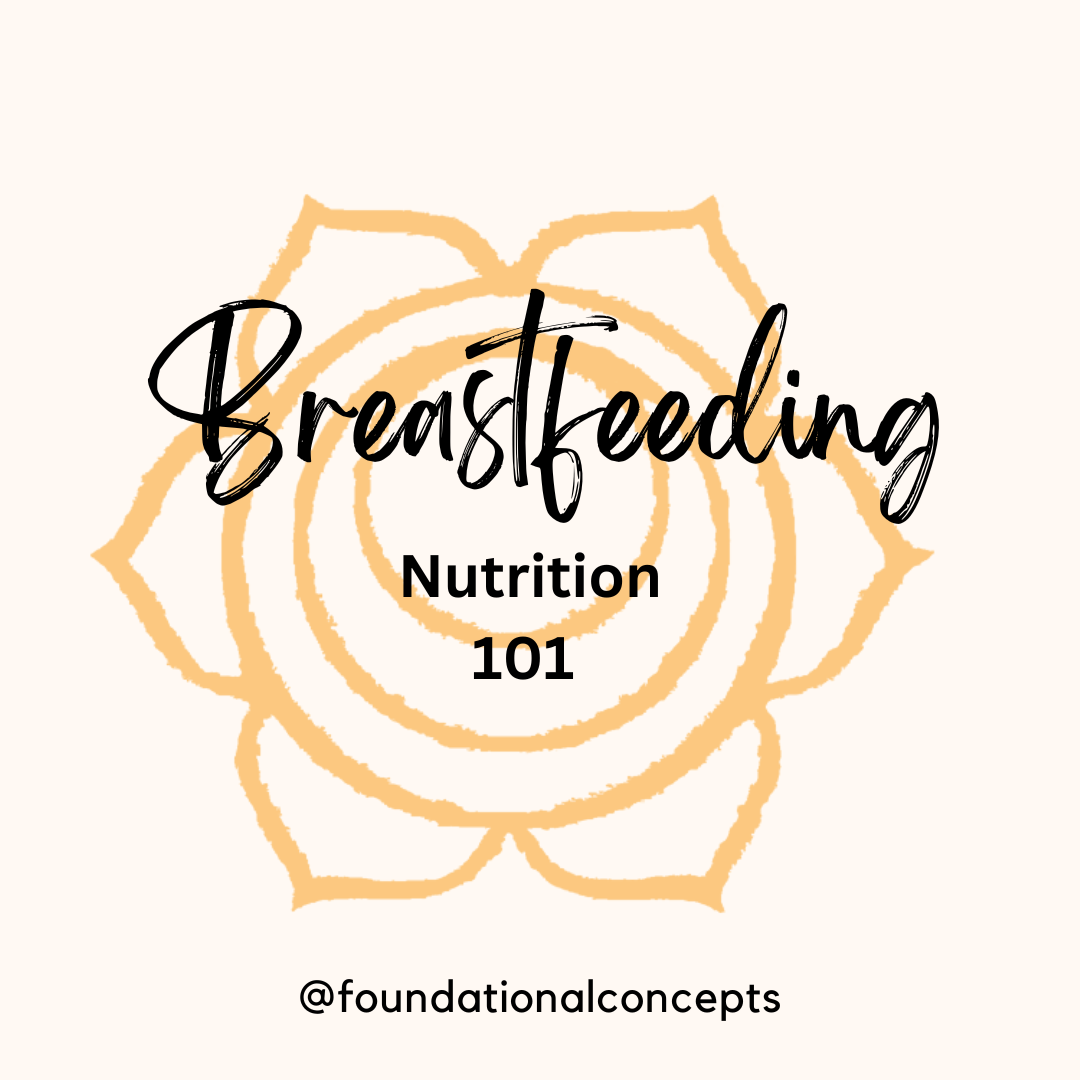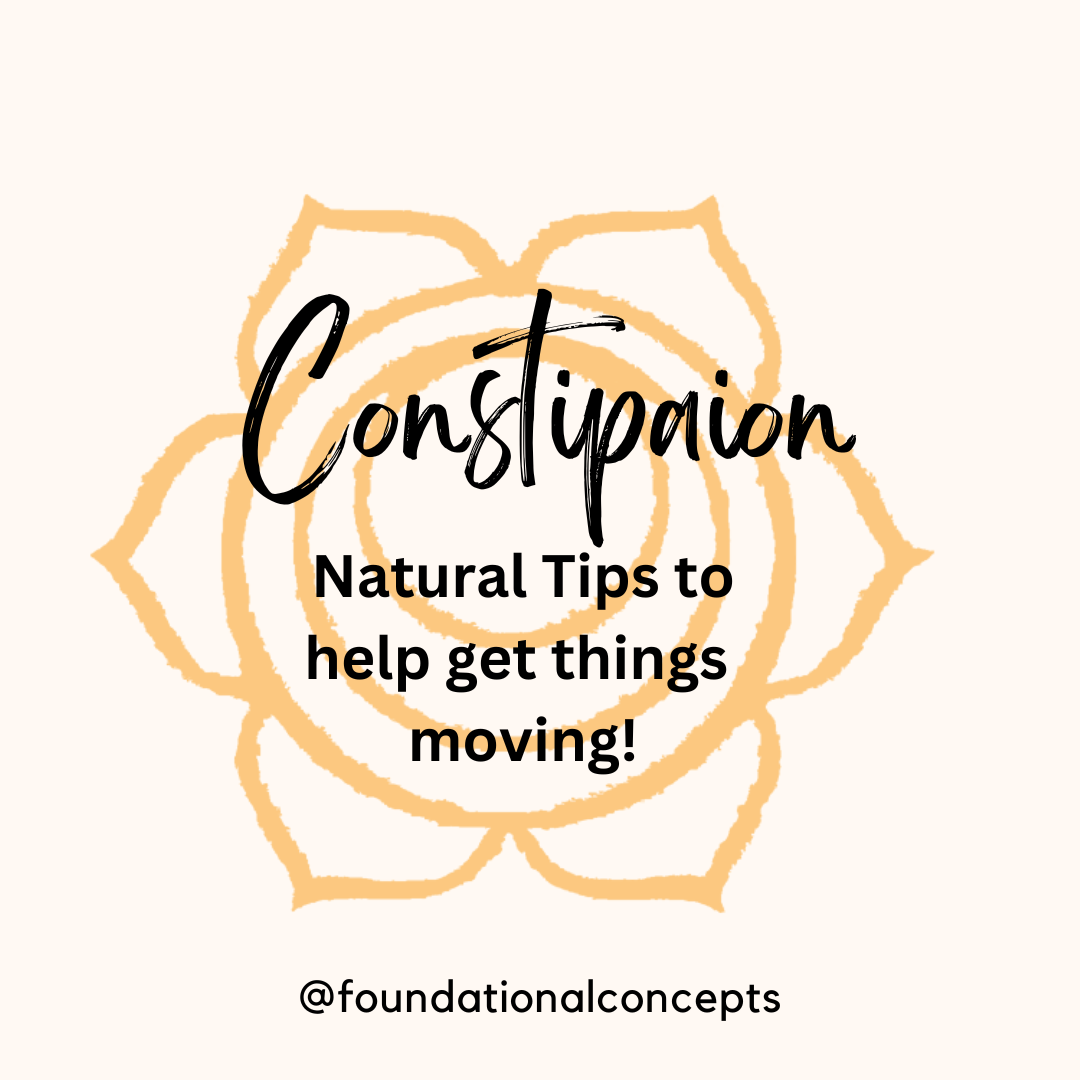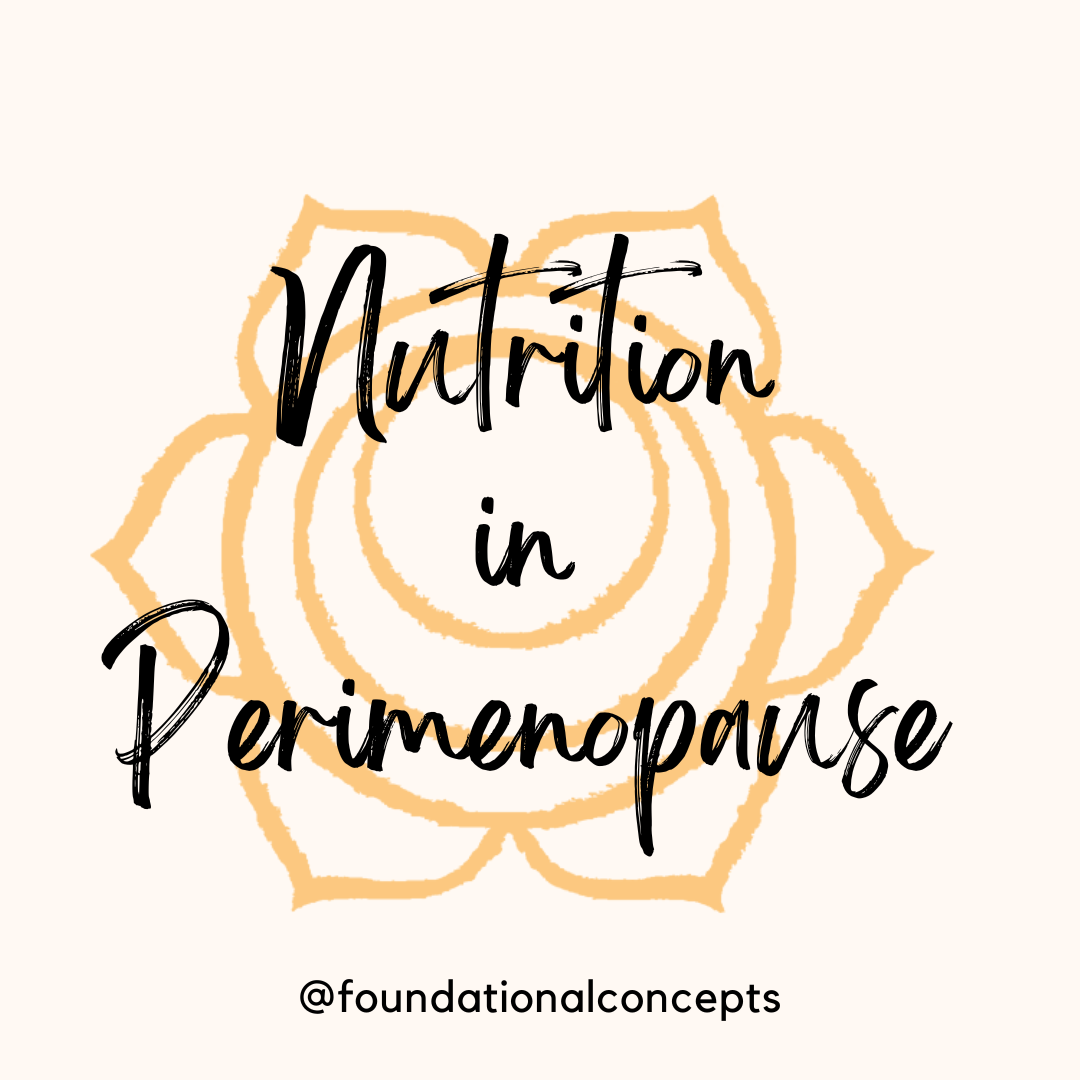Nutrition plays such an important role in our pregnancies and post-partum periods. Breastfeeding requires time…

Postpartum Depression
A recent conversation with a patient who was 8 weeks post delivery of her baby revealed some very serious concerns. Because of the presentation of symptoms, I wanted to share with our readers. Postpartum depression can be something that is easily overlooked and discounted by family or friends as “baby blues”. This patient was seeking physical therapy treatment after baby for urinary incontinence that had worsened after vaginal delivery of her second daughter. In asking her some questions she bravely shared with me some of her current feelings.
She felt very angry with her 2-year old constantly, and this made her feel like she was inadequate as a mother to care for both her infant and her toddler. She found herself irrationally not wanting to leave the baby even with her husband, but also feeling very angry about caring for it. She was completely fatigued to the point she felt she could not physically keep up with her household chores. She burst into tears, saying her husband had told her she had the blues like this after the first baby and it would wear off. Her mother shrugged her off, saying every mother is tired and that it comes with the job.
I asked her about her level of support from family or friends, and she reported feeling isolated lately, but that she did have a mom’s group at church that she had avoided going to because of all of these feelings. She was ashamed of what she perceived to be her lack of ability to care for her children. She also shared that her husband was traveling a lot for work, so she was alone with the children quite a bit.
Post Partum Depression (PPD) affects around 13% of women in the first year after baby. This is based on reported cases in literature and is likely a low estimate due to the stigma that is still associated with it. Some of the largest predictors of it developing are social isolation, prior history of depression or anxiety, and psychological stress. This disorder not only affects mothers’ emotional and physical well being, but has been shown to impact the infant’s development negatively as well. Early recognition and awareness are the most important elements in treating this condition.
Awareness and education are important, so I wanted to share some common risk factors for PPD in hopes you may read this and know (or be) someone who can use the help.
13 most common risk factors of developing PPD
- Lacking Social Support
- Prenatal Depression
- Life stress
- Marital issues
- Socioeconomic status
- Infant temperament
- Self esteem
- Baby blues
- Marital status (single)
- Prenatal anxiety
- Unplanned pregnancy
- Childcare stress
- History of Depression
Signs of PPD
- Depressed mood or severe mood swings
- Excessive crying
- Difficulty bonding with your baby
- Withdrawing from family and friends
- Loss of appetite or eating much more than usual
- Inability to sleep (insomnia) or sleeping too much
- Overwhelming fatigue or loss of energy
- Reduced interest and pleasure in activities you used to enjoy
- Intense irritability and anger
- Fear that you’re not a good mother
- Hopelessness
- Feelings of worthlessness, shame, guilt or inadequacy
- Diminished ability to think clearly, concentrate or make decisions
- Restlessness
- Severe anxiety and panic attacks
- Thoughts of harming yourself or your baby
- Recurrent thoughts of death or suicide
Compared to the baby blues which only last a few days to two weeks after baby:
- Mood swings
- Anxiety
- Sadness
- Irritability
- Feeling overwhelmed
- Crying
- Reduced concentration
- Appetite problems
- Trouble sleeping
Please talk to your loved ones and friends who might be struggling. Reach out to new moms you know who may not have a lot of support close by, or who have seemed to isolate themselves. It is so important that we stop the stigma associated with mental health and begin to talk about it. Just like we preach on this blog about physical healing after baby, mental and emotional health is equally as important, and should be cared for.
If you are struggling, reach out. We can help you find a mental health provider near you. We even have two amazing providers here at Foundational Concepts because we realize how important emotional healing is! Sometimes a listening ear without bias is perfect in finding your voice to say aloud that you might be struggling. The bravest, most maternal act you can make is to ask for help.
–Sarah Dominguez, PT, MSPT, CLT, WCS



